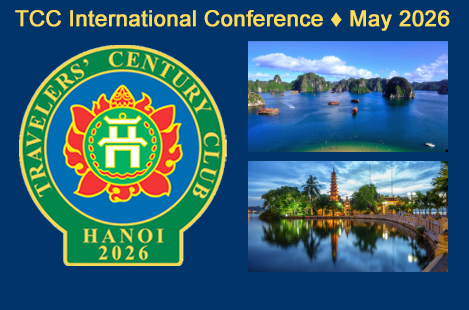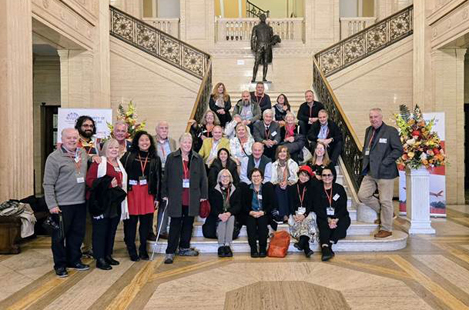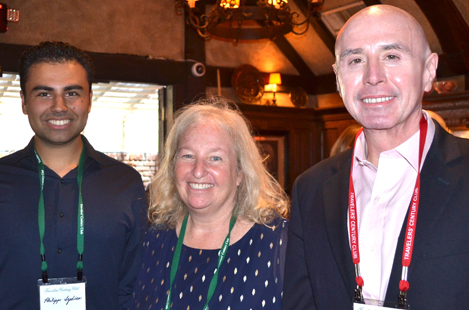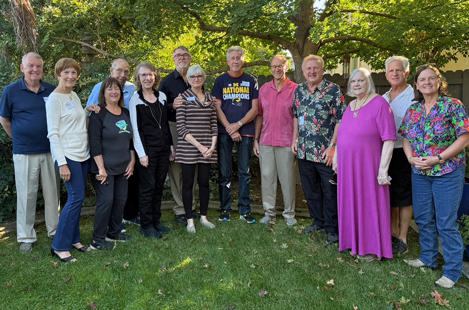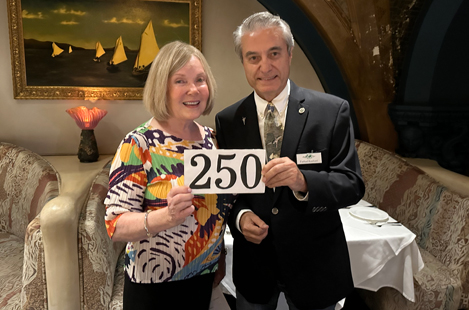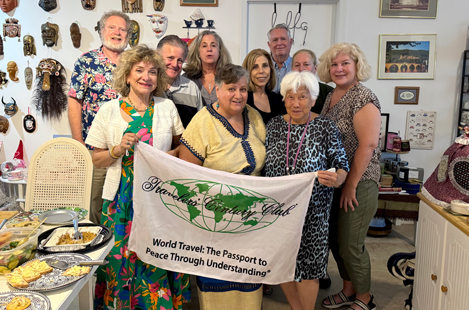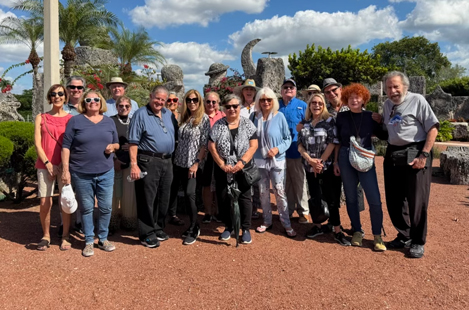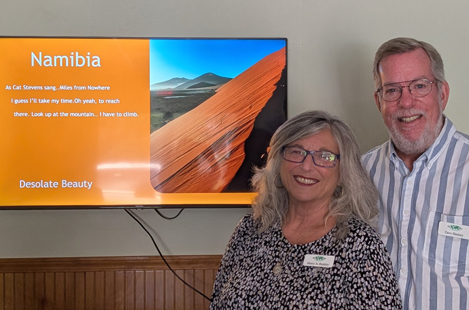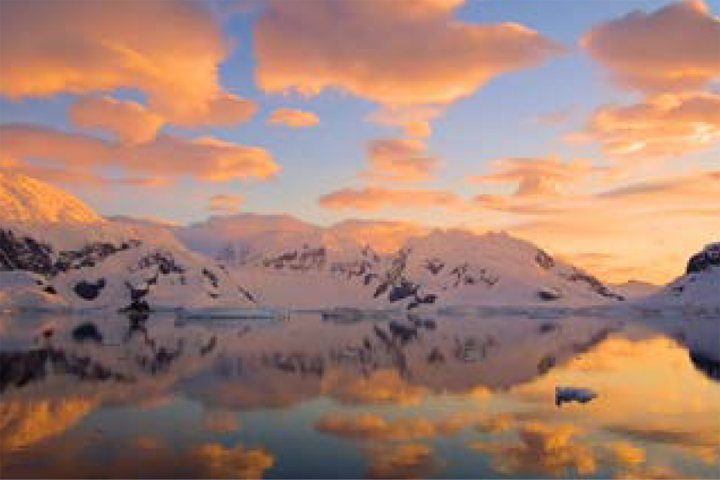
My term as TCC president is drawing to a close. It has been a great honor to serve in this capacity, and I have enjoyed every moment. Highlights are many, but certainly the International Conference in the Azores will be a cherished memory. I loved meeting you and our keynote speaker, Pauline Frommer. She was wonderfully engaging and filled with practical travel advice. Many of you have written personal emails, which I keep in a special place. I thank you for sharing your travel adventures and expressing the high regard you have for our club.
Even writing these quarterly messages for the Centurian has been pleasurable (and I’m flattered you actually read them). These messages have provided an opportunity to reflect on this desire to travel and I’ve valued the journey of self-discovery, “Why do I travel?” Your thoughts about travel and words of praise are appreciated.
Let’s admit that travel can be difficult. Lack of a common language can lead to misunderstandings. Simple purchases in an unknown currency can be problematic. Hotels may fail to fulfill expectations about peace and quiet. But at the end of the day, there is no substitute for travel. Nothing can capture the thrill of that first encounter with the great apes or the delight of starting the day with three excellent curries for breakfast. Only travel can take us where our dreams dare to go.
Moving beyond my comfort zone is when things get interesting. I felt that way earlier this year when hiking in the Congo. I dreaded hiking in and out of water, and I wondered if I could keep up with Renee, my wonderful travel companion, who is younger and very fit.
I learned I like hiking in the rainforest. Yes, it’s demanding because the opportunity to trip and fall is great, the path is uneven, and there are branches along the way. But I loved it. When we came to the clearing, the “bai,” in Dzanga-Sangha’s rainforest, we beheld almost 200 forest elephants at one time, in one place! They come to this special clearing in the Central Africa Republic’s rainforest to enjoy the rich mineral soil and to socialize. We spent seven hours in silence, mesmerized, watching the ever-changing landscape of elephants frolicking, trumpeting and digging in the nourishing soil. Looking back, the memory of that day is a joyful blessing I shall always cherish.
Also, this year I visited the spectacular Gorongosa National Park in Mozambique. This million-acre game reserve was a place of death during the country’s long civil war. But the animals have been reintroduced, and the game reserve and its surrounding community are thriving.
I try to accurately identify the antelope species: waterbucks, steenboks, bushbucks, springboks, to name a few. I asked George, my wonderful ranger at Gorongosa, “Are you familiar with a Starbucks?” He paused for a moment: “No, I’m not. Tell me about it.” How refreshing. We live in a world where we can travel to places beyond the grasp of Starbucks — I admit, I’m a fan of Starbucks.
Travel provides something joyful for everyone. Whether you are seeking adventure, visiting baseball stadiums, running marathons or collecting postcards, travel can satisfy your urge. Lucky us to be members of an organization that connects us to one another so we can celebrate the journey.
So, if you are on the road to somewhere far, far away, look for me and I’ll buy you a beer. margobart@travelerscenturyclub.org.

